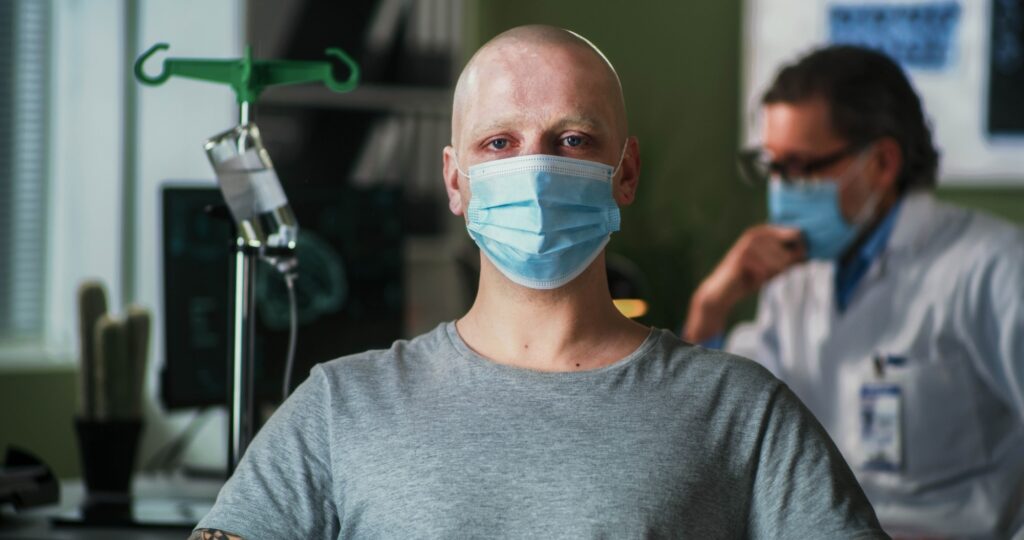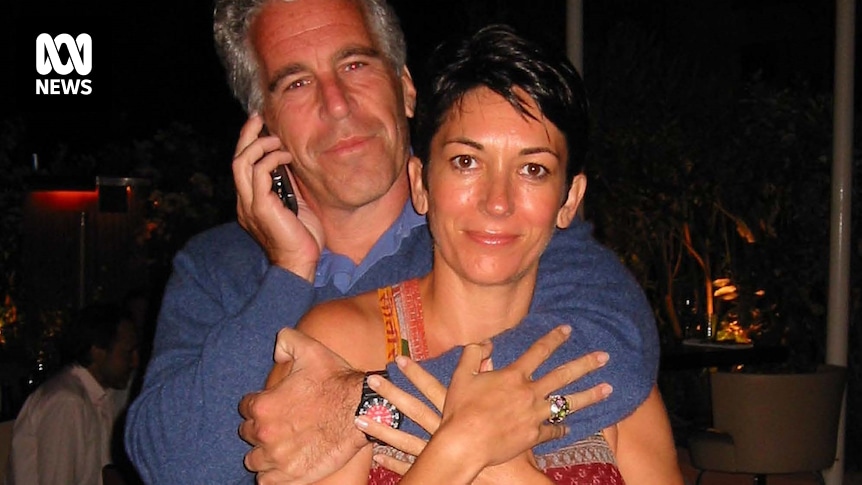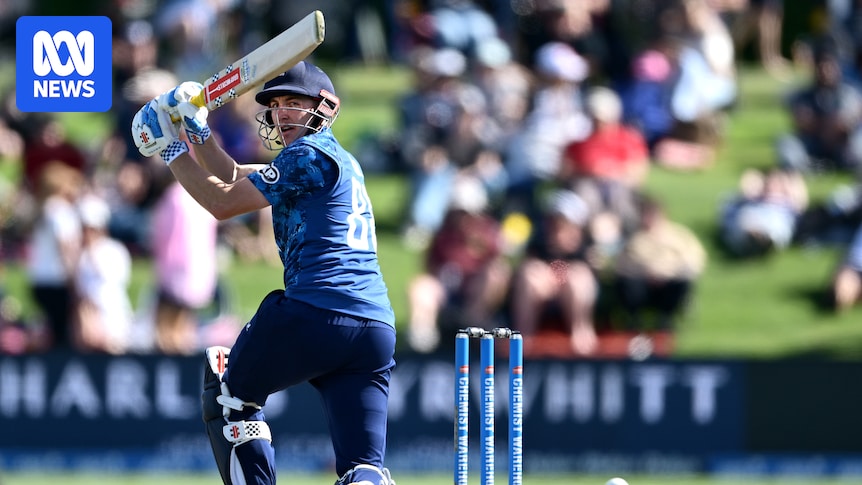
Childhood cancer survivors continue to face significant health challenges long after overcoming their initial diagnosis. A recent study published in The Lancet Regional Health highlights that these individuals remain particularly vulnerable to severe COVID-19, even decades after beating cancer. This pivotal research urges health authorities to reconsider tailored protection strategies for high-risk groups in future pandemics.
The study, titled “COVID-19 infection and severity among childhood cancer survivors in Denmark and Sweden: a register-based cohort study with matched population and sibling comparisons,” provides a comprehensive analysis of the risks faced by childhood cancer survivors during the COVID-19 pandemic. Conducted across Denmark and Sweden, the study draws attention to the long-term vulnerabilities of this group.
Background on Childhood Cancer and COVID-19 Vulnerability
Childhood cancer is a growing concern worldwide, with over 400,000 children aged 0-19 diagnosed annually. Advances in medical science have improved survival rates dramatically, with more than 85% of children in high-income countries surviving five years post-diagnosis. However, these survivors often face increased risks of health complications and premature mortality.
During the COVID-19 pandemic, individuals with a history of cancer have shown a higher susceptibility to severe illness and related mortality. Yet, the specific impact on childhood cancer survivors has been less clear, with limited studies focusing on this demographic.
The Study: Design and Key Findings
The study involved 13,659 childhood cancer survivors from Denmark and Sweden, diagnosed before the age of 19. These individuals were compared to 58,803 randomly selected individuals from the general population, matched by birth year, sex, and country. Additionally, comparisons were made with siblings to account for shared familial factors. The participants were monitored from January 2020 to December 2022.
Denmark and Sweden were chosen for their contrasting pandemic responses. Denmark implemented strict measures such as lockdowns and mask mandates, while Sweden opted for a more relaxed approach, relying on recommendations rather than mandates.
Key Observations
Initially, childhood cancer survivors and the general population showed similar risks of severe COVID-19. However, with the emergence of highly transmissible variants like Alpha and Omicron, survivors faced a significantly higher risk. Interestingly, while they were less likely to contract SARS-CoV-2, the severity of COVID-19 was markedly higher among survivors.
“Childhood cancer survivors had a 58% higher risk of developing severe COVID-19 compared to the general population (aHR = 1.58) and a twofold risk compared to their siblings (aHR = 2.02),” the study reports.
The study also noted that survivors diagnosed with cancer at age 15 or older, those with solid tumors, and survivors aged 50 or above at the pandemic’s onset were particularly vulnerable during high-transmission periods.
Implications for Health Policy
These findings underscore the necessity for health authorities to classify childhood cancer survivors as a high-risk group, deserving of prioritized interventions such as early vaccination. Despite the relative risk being higher, the absolute risk of severe COVID-19 remained low, with only 0.8% of survivors diagnosed with severe illness during the study period.
The study also highlights the potential limitations of vaccines in immunocompromised individuals, suggesting that behavioral factors, such as increased precautionary measures by survivors, could have influenced infection rates. Differences in testing rates between Denmark and Sweden may also have impacted the observed data.
Looking Ahead: Preparing for Future Pandemics
While the study provides critical insights, it acknowledges certain limitations, including the inability to stratify results by specific cancer subtypes due to limited statistical power. Nonetheless, the research offers valuable data to guide future pandemic preparedness, emphasizing the need for tailored interventions to protect high-risk populations.
As the world continues to grapple with the long-term effects of COVID-19, understanding the unique vulnerabilities of childhood cancer survivors becomes imperative. This study serves as a call to action for policymakers to develop comprehensive strategies that ensure the safety and well-being of all high-risk groups in the face of future health crises.






